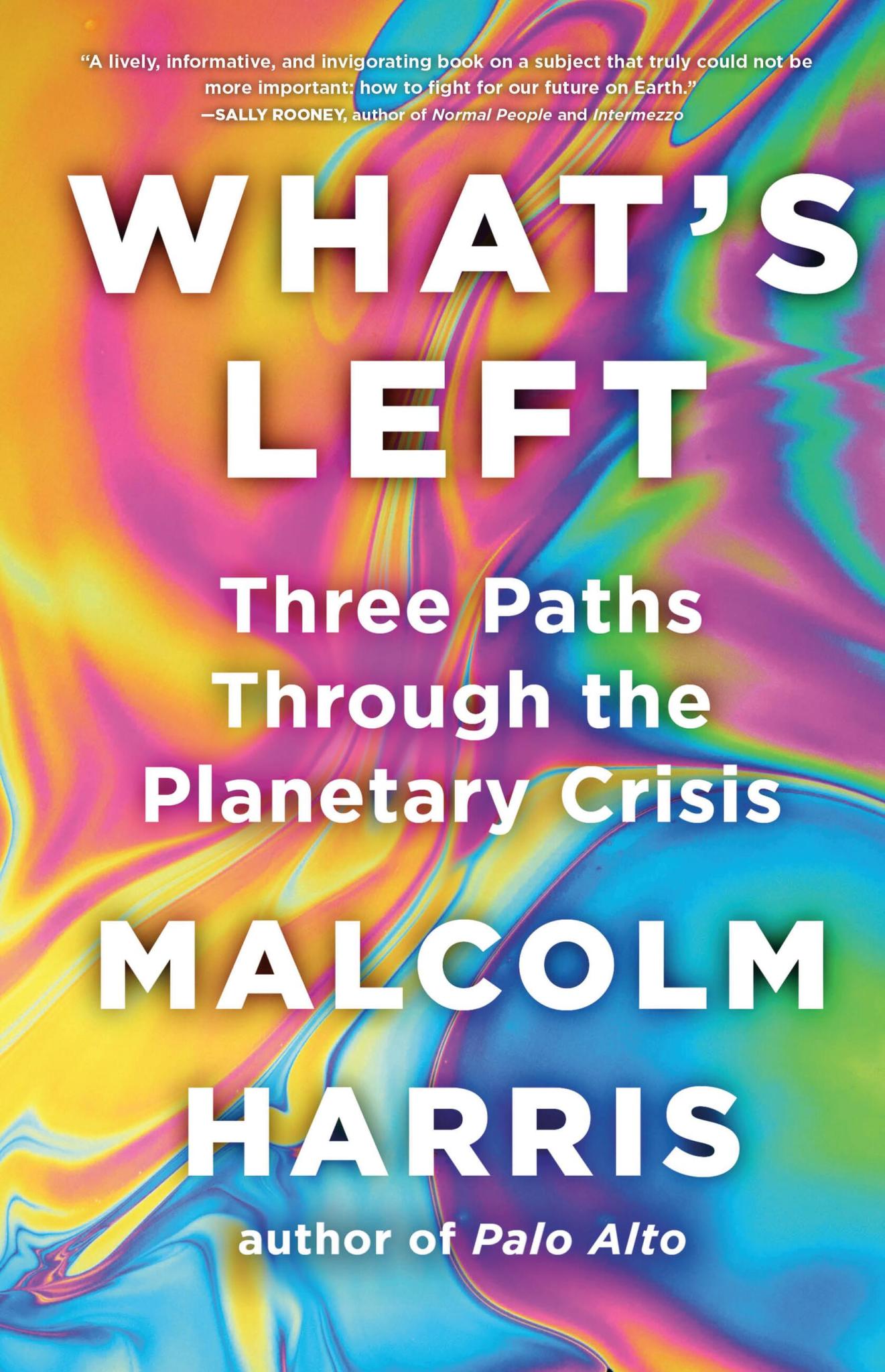Phil in SF reviewed What’s Left by Malcolm Harris
Does not deliver on the premise
2 stars
I picked this up because I was looking for works that espoused the ideas of Abundance but did a better job at either making the case for "build the stuff we want", or being a rallying cry for the idea as a political framework. That's not the premise for this book, nor does it really touch on the idea. The only thing he mentions doing more of is pumped-storage hydroelectricity in the context of one prong of his thesis. So what is it?
Harris promises that he'll show the way through the climate crisis, and it turns out he means by putting forward three-plus frameworks for exercising political power to do things that the book assumes we need to do to get off fossil fuels. His frameworks: marketcraft, public power, and communism. Marketcraft is basically really strong regulation of market forces (rather than just nudges). Public power is state ownership …
I picked this up because I was looking for works that espoused the ideas of Abundance but did a better job at either making the case for "build the stuff we want", or being a rallying cry for the idea as a political framework. That's not the premise for this book, nor does it really touch on the idea. The only thing he mentions doing more of is pumped-storage hydroelectricity in the context of one prong of his thesis. So what is it?
Harris promises that he'll show the way through the climate crisis, and it turns out he means by putting forward three-plus frameworks for exercising political power to do things that the book assumes we need to do to get off fossil fuels. His frameworks: marketcraft, public power, and communism. Marketcraft is basically really strong regulation of market forces (rather than just nudges). Public power is state ownership of key industries; he gives the example of building pumped-storage hydroelectricity. And by communism he means bottom-up pseudo anarchist revolution, such as the Zapatistas. He also makes the claim that if he does his job right, his favored strategy of those three won't be favored.
For each of the strategies, he states how they might work, and what might prevent them from working. Except he devotes nearly 2/3 of the book to communism and his criticism of it is that capitalism is probably more successful at violence than communists are.
And in the last 7-ish percent of the book, he puts forward that it'll really be a mix of 2 or more of the strategies and gives surface level examples of how the strategies might mesh. And his final flourish, the one concrete organizing thing he thinks people should do, is establish "disaster councils" that work across all three strategies, but devotes only a couple of sentences to how these could work. None of what the disaster councils would do (as described) really deals with the climate crisis.
About the only thing he says won't work is laissez faire capitalism or other pure market forces. And dismisses it with a wave of his hand that it's already failed. I agree, actually, but that is easy.
Is he actually wrong? Hell if I know, but it's nearly impossible to be wrong with such a broad position. The whole thing comes across as "here's what I like and don't like about three kinds of leftism." I just wasn't very impressed, but I'm just a cranky dude on the internet. What do I know?

